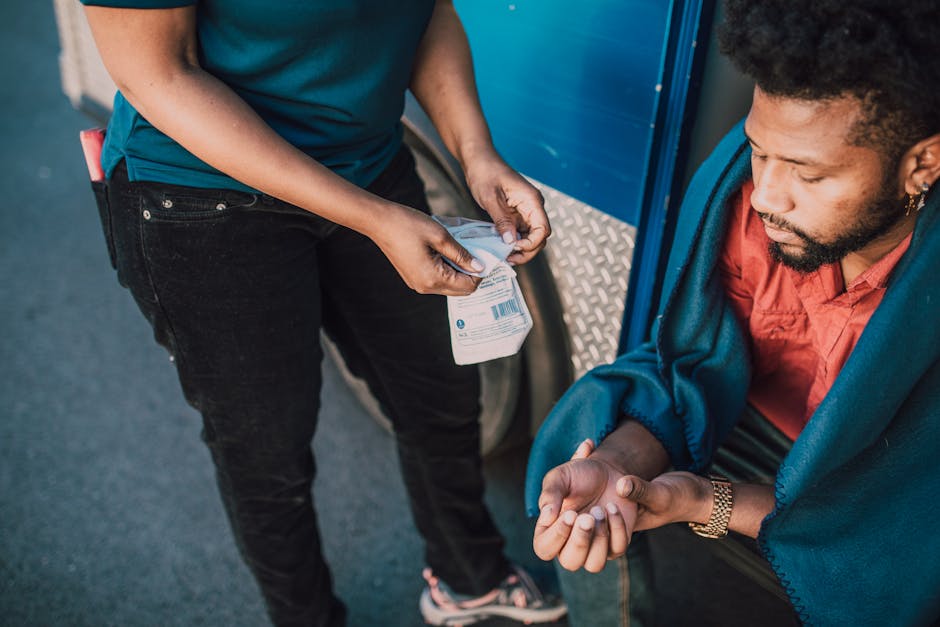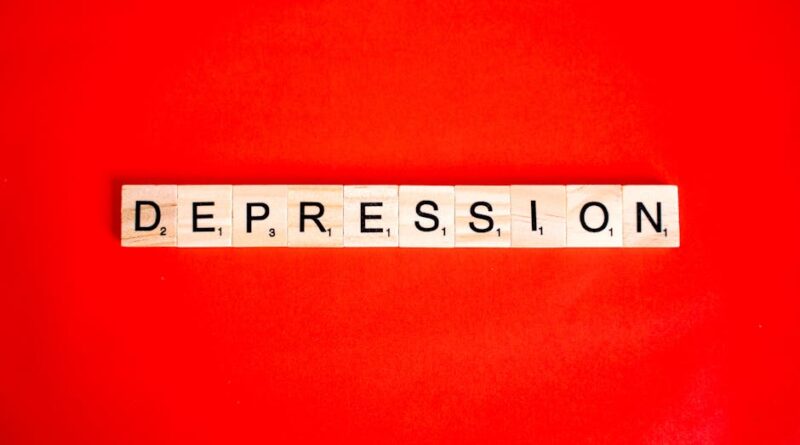How to Deal with Stigma in Recovery
Recovery from addiction or mental health issues can be a challenging journey, often made more difficult by the stigma attached to these conditions. Stigma can manifest in various ways, from societal judgment and discrimination to self-stigmatization and shame. In this comprehensive guide, we will explore the complexities of dealing with stigma in recovery, offering insights, strategies, and resources to navigate this often overlooked aspect of the healing process.
The Impact of Stigma on Recovery

Stigma can have profound implications for individuals in recovery, affecting their self-esteem, sense of belonging, and access to support services. Research has shown that stigma can act as a barrier to seeking help, leading to delayed or avoided treatment, and increasing the risk of relapse. Furthermore, stigma can exacerbate feelings of isolation and shame, hindering the recovery process and undermining individuals’ confidence in their ability to change.
Understanding Stigma in Recovery

Stigma is a complex phenomenon rooted in societal attitudes, cultural beliefs, and historical narratives about addiction and mental health. It is often fueled by misconceptions, stereotypes, and fear of the unknown. By understanding the origins and manifestations of stigma, individuals in recovery can develop a more nuanced perspective on their experiences and learn to challenge and dismantle stigmatizing beliefs.
Challenging Stigma through Education
Education is a powerful tool for combating stigma and promoting understanding and empathy. By sharing their stories, engaging in conversations, and advocating for change, individuals in recovery can help educate others about the realities of addiction and mental health. Community-based initiatives, public awareness campaigns, and online platforms can also play a crucial role in raising awareness and challenging stigmatizing attitudes.
Building a Supportive Network
Recovery is a journey that is best traveled with the support of others. Building a strong network of friends, family members, peers, and professionals can provide the encouragement, validation, and accountability needed to navigate the challenges of stigma. Support groups, therapy sessions, and peer mentoring programs can offer a safe space for individuals in recovery to share their experiences, seek advice, and find solidarity in their journey towards healing.
Self-Compassion and Resilience
Self-compassion is a fundamental aspect of recovery, especially when facing stigma and judgment from others. By cultivating self-acceptance, forgiveness, and kindness towards oneself, individuals in recovery can develop the resilience and inner strength needed to withstand the pressures of stigma. Mindfulness practices, self-care routines, and positive affirmations can also help individuals in recovery build a strong sense of self-worth and confidence in their ability to overcome challenges.
Seeking Professional Help
Professional support is essential for addressing the complex emotional, psychological, and social issues that may arise in recovery. Therapists, counselors, and other mental health professionals can provide individuals in recovery with the tools, insights, and strategies needed to cope with stigma, manage stress, and build resilience. By seeking professional help, individuals in recovery can access specialized care and guidance tailored to their unique needs and circumstances.
Advocacy and Empowerment
Advocacy is a powerful tool for challenging stigma, promoting social change, and empowering individuals in recovery to reclaim their voices and rights. By participating in advocacy campaigns, lobbying for policy changes, and sharing their stories with the wider community, individuals in recovery can become agents of change, raising awareness, and mobilizing support for a more inclusive and compassionate society.
Conclusion
In conclusion, dealing with stigma in recovery is a multifaceted and ongoing process that requires courage, resilience, and support. By understanding the impact of stigma, challenging stigmatizing beliefs, building a supportive network, practicing self-compassion, seeking professional help, and engaging in advocacy, individuals in recovery can navigate the challenges of stigma and reclaim their sense of agency and dignity. Remember, recovery is a journey of healing, growth, and transformation, and no one should have to face it alone.
To wrap things up, let us remember that recovery is not just about overcoming addiction or mental health issues; it is also about reclaiming one’s identity, dignity, and sense of belonging in a world that too often judges and ostracizes those who are struggling. By confronting stigma, advocating for change, and supporting one another, we can create a more inclusive, understanding, and compassionate society where everyone has the opportunity to heal, thrive, and live their best lives.




